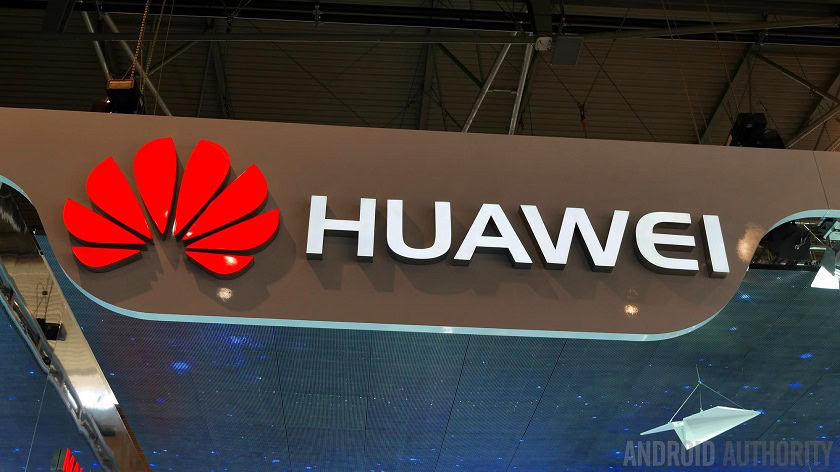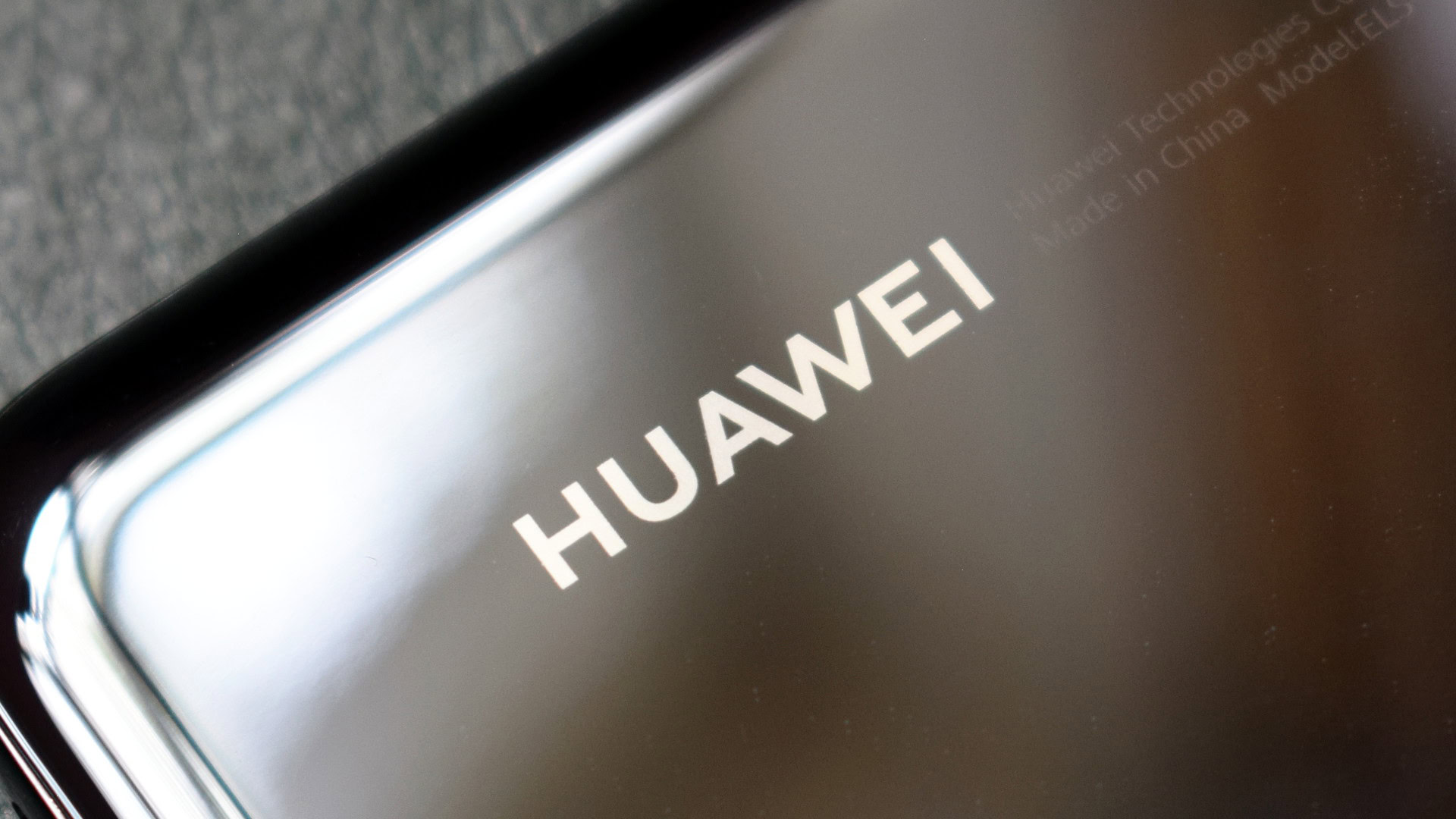Affiliate links on Android Authority may earn us a commission. Learn more.
Proof emerges that HUAWEI sold US technology to Iran, violating trade sanctions

According to Reuters, its team has obtained proof that Chinese tech giant Huawei engaged in a trade deal with Iran in 2010. That deal involved the sale of computer parts and other technology that originated in the United States, which violates US trade sanctions.
The proof of this deal is two packing lists and other documented correspondence between HUAWEI and an Iranian company called Mobile Telecommunication Co. of Iran (MCI, or sometimes MCCI).
Previously, starting in 2012, Reuters obtained documents that strongly suggested HUAWEI sold US-based computer parts to MCI. However, Reuters had only found a price list sent from HUAWEI to MCI. At the time, HUAWEI denied a sale actually happened.

Now, though, Reuters claims to have more documents — more than 100 additional pages — that prove this sale did actually take place. The sale includes physical technology products created by Hewlett-Packard as well as software developed by Microsoft, Symantec, and Novell. These are all US-based firms and selling their products to Iran violates long-standing trade sanctions put in place by the United Staes government.
If these documents get verified by other parties, they could become evidence used against HUAWEI in various legal matters, including the so-called HUAWEI Ban. This would not help HUAWEI’s case for once again gaining access to products and services created by US-based firms, including Google.
However, this sale to Iran does not appear to have anything to do with the more prominent allegations against HUAWEI, namely that it uses its technology to spy on other nations. So far, there is no public proof of that allegation.